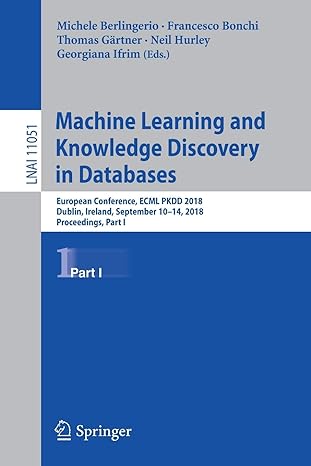Answered step by step
Verified Expert Solution
Question
1 Approved Answer
Develop a solid understanding of C-strings, and how each std::string object is a wrapper around a C string Practice with pointer operations in C++, e.g.
-
Develop a solid understanding of C-strings, and how each std::string object is a wrapper around a C string
-
Practice with pointer operations in C++, e.g. dereferencing, treating them as arrays (and vice versa), etc.
-
You may not use any #include directives. Rather, take this opportunity to write pure C++, without the use of any library functions/classes/etc.
#ifndef CS19_C_STRINGS_H_ #define CS19_C_STRINGS_H_ namespace cs19 { /** * Compares two C-strings for ordering. For example, strcmp("Ape", "Pie") returns a negative * value, and strcmp("Hello", "Hell") returns a positive value. * * @param str1 the first string in the comparison * @param str2 the second string in the comparison * @return an integer less than, equal to, or greater than zero if str1 is found, respectively, to * be less than, to match, or be greater than str2. */ int strcmp(const char *str1, const char *str2) { // TODO } /** * Calculates the length of a C-string, excluding the terminating null char ('\0'). For example, * strlen("Hello") returns 5. * * @param str the string to measure * @return the number of characters in str */ unsigned strlen(const char *str) { // TODO } Step by Step Solution
There are 3 Steps involved in it
Step: 1

Get Instant Access to Expert-Tailored Solutions
See step-by-step solutions with expert insights and AI powered tools for academic success
Step: 2

Step: 3

Ace Your Homework with AI
Get the answers you need in no time with our AI-driven, step-by-step assistance
Get Started


